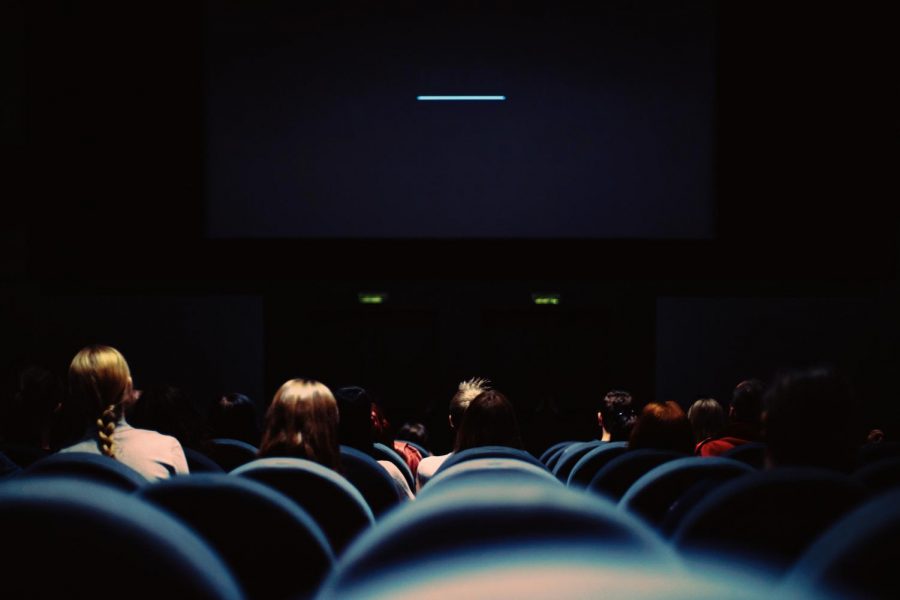Psychology Behind Spooky Movies
Do you thrive in thrill-seeking situations, or do you prefer to be less adventurous? There is a large range between the two, and scary movies fall somewhere in the middle. They’re perfect for people who need a little shock but would rather the excitement stay on the screen. Watching alarming, nerve-racking films is one way to test the boundaries of your bravery.
With Halloween season right around the corner, scary movies are reaching their most popular time of the year. Although scary movies are not for everyone, the fall season is definitely the prime time for these activities. It is also the perfect time for the adventurous community to binge these films. This brings up the connection between the brain and its desire for the thrills.
Some people enjoy being scared because the sensation releases chemicals and hormones in the brain that draw in the audience and keep them on their toes. This goes right along with the fight or flight response when panic is inflicted. When watching a scary movie, you are not in danger, but you have the instinct to get away from the initial shock. For example, if you are a “flight” type of person, you are likely to jump or cover your face to control the amount of fright. If you are a “fight” type of person, you would definitely have less of a reaction, and scary movies are probably your thing. The frontal lobe of your brain is responsible for reminding you that you are safe in these situations.
When someone is watching a scary movie, they can sometimes control how much or little they are exposed to. For example, if you close your eyes or cover your head with a blanket, then the amount of scare is lessened. Over time you can build up the confidence to take away these things that ease the anxiety. On the other hand, if you are watching a movie in a movie theater, the scare will be amplified because of the bigger screen and louder speakers.
In some cases, these scares help you deal with your own anxiety in life. When you are anxious during a scary movie, you figure out how to cope with those feelings of anxiousness. These coping methods transfer over when you’re in a real-life situation causing you to be nervous. If you are exposed to these images often, there will be less of an emotional reaction. Some physical ways your body reacts to the frightening images are sweaty palms, tense muscles, goosebumps, chills, and increased heart rate. There have even been some instances where people have passed out from the gory films. Fainting can be caused by the adrenaline released when watching the movie. Overall, horror films draw in people who want excitement and thrill. This rush of fear enables the brain to handle these situations more efficiently for the next go around and reminds you of your safety.

Katie is a senior and a third-year member of the Crimsonian staff. She is a varsity cheerleader and on the competition team. She participates in orchestra,...











